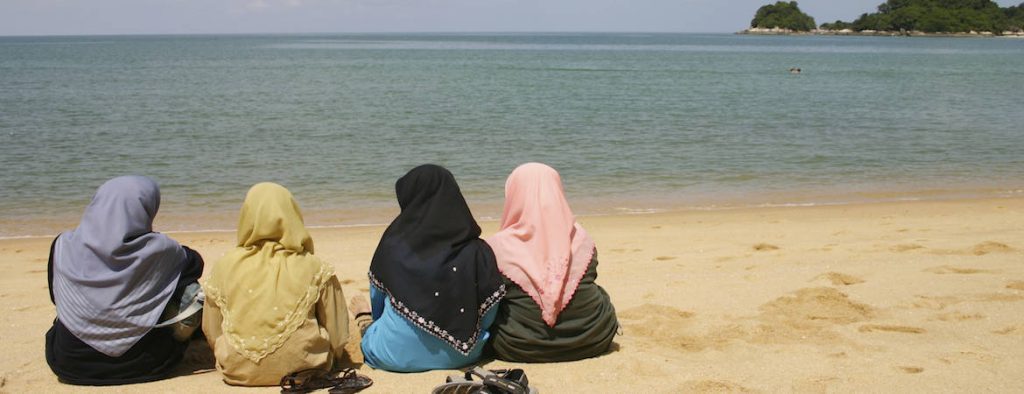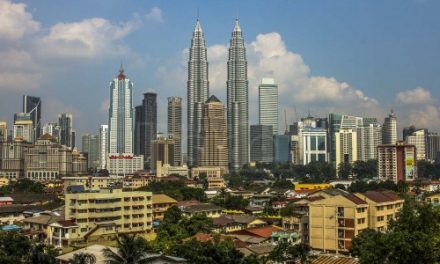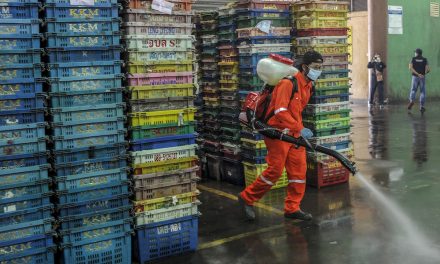Property market remains soft in 2020, better outlook on affordable housing in 1H21
The property market remains soft this year. This is despite the cautious optimism towards the nation’s projected gradual economic recovery, with the resumption of market activity under the Recovery Movement Control Order and the proposed measures under the National Economic Recovery Plan (PENJANA). According to the National Property Information Centre (NAPIC), the property market’s performance recorded a sharp decline in 1H2020. The property sector recorded transactions worth RM46.94 billion, a decrease by 27.9% in volume and 31.5% in value compared with 1H2019. However, transactions in Q3 2020 improved, led by the residential sub-sector, followed by agriculture, development land and others, commercial and industrial. On another note, the property market has experienced a correction in terms of pricing with more affordable housing launched in the 1H 2020. “Now we are seeing more new launches in the range of RM300,000 and below,” said NAPIC director Aina Edayu Ahmad. (Bernama)
Demand for cold storage warehouses to remain steady
Industrial properties, especially warehouses, have become one of the most sought-after types of real estate due to the rise of e-commerce. It is even more so now amid the Covid-19 pandemic. Of the many subsectors in the industrial sector, one asset class has been slowly growing and gaining attention — cold storage warehouses. According to AREA Management Sdn Bhd executive chairman and Alpha REIT Managers Sdn Bhd chairman Datuk Stewart LaBrooy, different sectors require different levels of temperature, such as pharmaceuticals, chilled meats, dairy products and vegetables. Their proximity to population centres and population growth as well as changing consumer preferences and consumer spending is the primary driver of cold storage warehouses, says LaBrooy. Another driver of this segment is the growing demand for perishable goods, he adds. According to Siva Shanker, CEO of real estate agency at Rahim & Co International Sdn Bhd, there will always be demand for cold storage warehouses because their infrastructure and operating cost is very high. (The Edge)
Top Glove to resume all Klang factories’ operations in two to three weeks
Top Glove Corporation Bhd is expected to resume operations at all its 28 glove manufacturing plants in Meru, Klang, within the next two to three weeks, said chairman Tan Sri Dr Lim Wee Chai. He said seven plants had resumed operations during the first stage of operation restoration that began on Dec 8, and the second stage would see another seven plants restarting operations by the upcoming weekend. Top Glove had temporarily closed 28 of its factories in Klang due to the spike of COVID-19 infections among its workers there. These 28 plants represent about 50% of the company’s production capacity. However, Lim said the closure of factories in Klang since November this year was anticipated to affect only four per cent of the company’s revenue for FY21. To lessen the dependency on foreign workers and create job opportunities for the locals, managing director Datuk Lee Kim Meow said, Top Glove aimed to recruit 7,000 local employees in FY21 from close to 5,000 in FY20. (Bernama)
Malaysia is the top country for Muslim-friendly travel
Malaysia has been named the best country in four out of six sectors in the State of the Global Islamic Economy (SGIE) Report 2020/21. This includes being the top-ranked country in the Muslim-Friendly Travel (MFT) sector, said Tourism, Arts and Culture Minister Datuk Seri Nancy Shukri. According to the report by DinarStandard, Malaysia also emerged top in the Halal Food, Islamic Finance, and Pharmaceutical & Cosmetics sectors. Malaysia was also ranked second and fourth in the Media & Recreation and Modest Fashion sectors respectively. In the MFT category, the Malaysian government ranked highest in two out of four benchmark dimensions, namely in governance which refers to regulations related to the tourism industry and awareness in terms of media coverage and stakeholder training. In the Muslim-Friendly Travel sector, 200.3 million Muslim travellers contributed US$194bil (RM790bil) in global travel spend in 2019, attesting to its enormous potential. However, the pandemic has crippled growth in this sector, which is only expected to recover to pre-pandemic levels by 2023. (The Star Online)

Sabah to reopen border with ‘practically green’ Brunei to boost economy
Sabah is planning to reopen its border with Brunei in hopes international tourists will visit and spend their money here during the year-end holiday and give the local economy a much-needed boost. Sabah Covid-19 spokesman Datuk Seri Masidi Manjun said the state has agreed to allow tourists from Brunei to enter, either by land or air, but did not announce a date. “The reason why we are allowing visitors from Brunei in is simply because they have not had any new cases or infections for the last 215 days,” he said. However, the local government and housing minister said Sabah has conditions for its visitors from abroad. They include a mandatory Covid-19 RT-PCR swab test three days before travelling. Sabah has barred long-term pass holders from India, Indonesia and the Philippines from entering the state, as well as banned visitors from 23 other countries. (Malay Mail)





